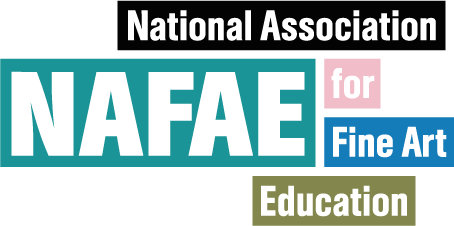Abstract
How can we create balanced eco-systems that feed the needs of arts education staff and students in sustainable ways?
Validating life wide education, learning and experience through the UNESCO Cross Cutting Competencies for Educational Sustainability Development.
Target 4.3 of UNESCO’s Educational Sustainable Development Goal (SDG) addresses specifically equity in higher education, aiming by 2030, to “ensure equal access for all women and men to affordable and quality technical, vocational and tertiary education, including university.”
REBEL (Recognition of Experience Based Education and Learning) is an educational toolkit designed to help both the student and the teacher or facilitator to develop a detailed language to talk about and describe capabilities and strengths, to support individuals or groups with reflection and the evaluation of their learning gained from activities and projects outside of the formal classroom. This is a toolkit for reflection, evaluation and planning that forefronts transversal competencies; reinforcing process and active participation as the route to personal learning. The session will share this tool and outline our approach to embedding it with competency frameworks that enable learning mobility and transition.
Joining us at a point in our work in progress of our own development of curricula eco-systems, the aim is to provoke individual and group response to the challenge of bringing sustainability to the core of curriculum development through interpretation and application of the UNESCO cross cutting competencies for educational sustainable development: Systems Thinking, Collaboration, Critical Thinking, Anticipatory, Self-Awareness, Participatory, Normative, Strategic, Integrated Problem Solving.
Bios
Story-telling and story-making is a thematic preoccupation in the ubiquitous nature of Fred Meller's work. She is UAL lead on Shared Campus curriculum ecosystems leading the development of a framework for Work and Experience Based Learning in Art Design and Performance for which she's nominated for a National Teaching Fellowship.
Paul Haywood is the Dean of Academic Programmes for Art and Performance at Central Saint Martins, University of the Arts London. He is UAL lead for and an active member of the Shared Campus Management Group, an international platform for co-operation in HE Art and Design. As a practitioner he has a range of approaches to the use of creative methods of community engagements and the recognition of informal learning.

